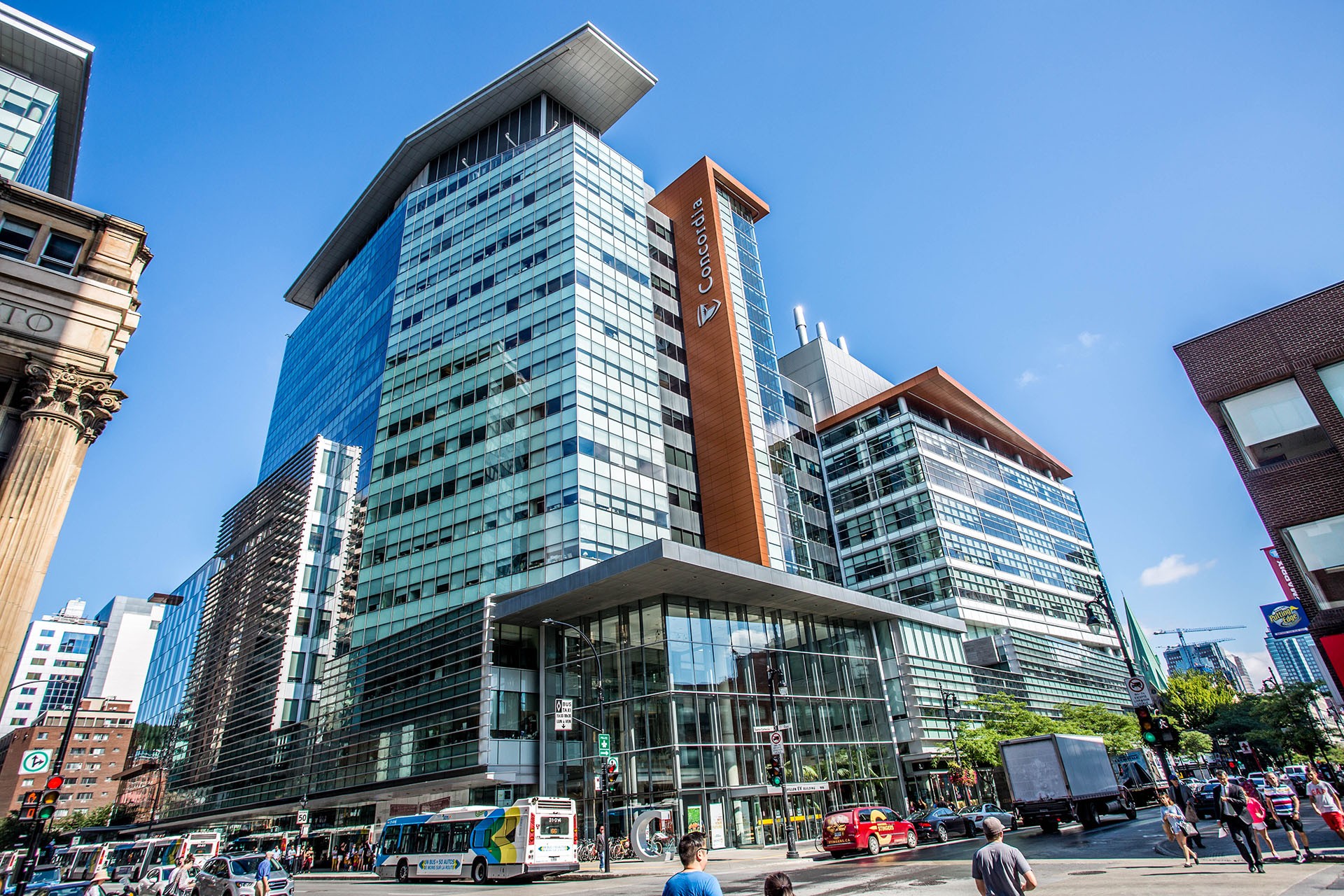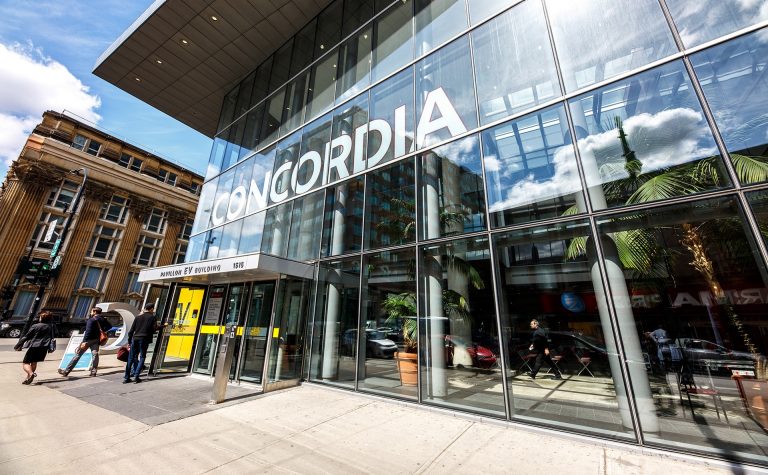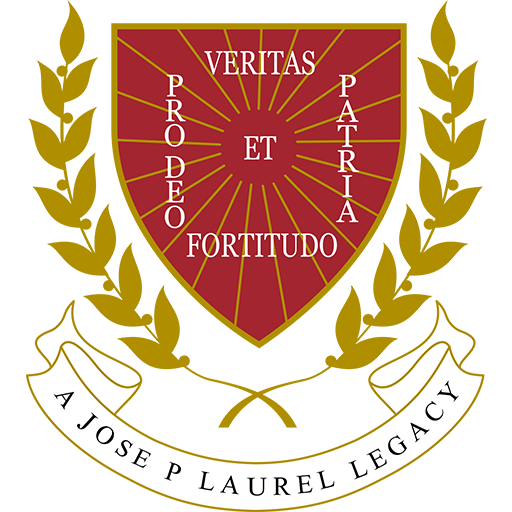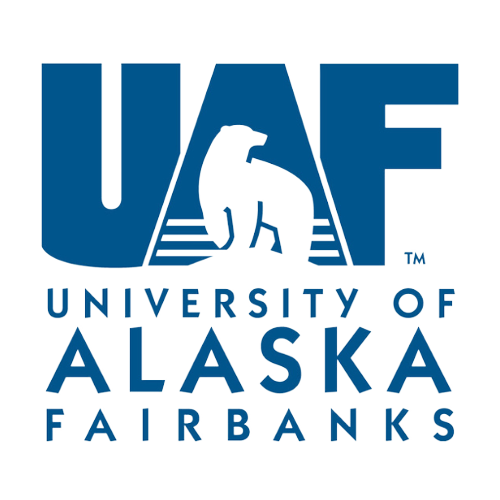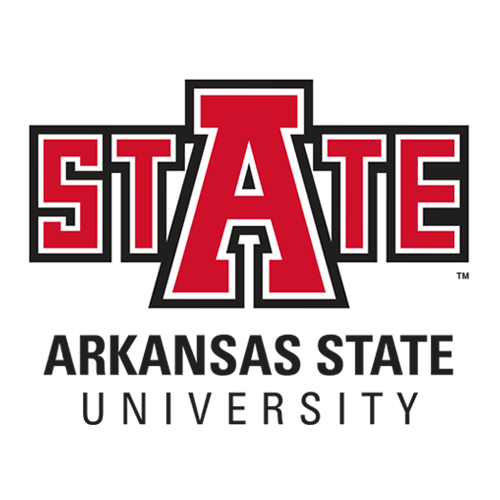Concordia University offers a Bachelor of Arts (BA) program in Theological Studies. This program is designed to provide students with a comprehensive understanding of religious traditions, theological concepts, and the critical study of religion.
Here is a general overview of what the Theological Studies program at Concordia University might include:
Core Courses: The program typically includes core courses that introduce students to the study of religion and theological inquiry. These courses may cover topics such as world religions, biblical studies, philosophy of religion, ethics, and theological traditions. Students gain a foundational understanding of religious texts, beliefs, practices, and the historical and cultural contexts in which religions develop.
Theological Perspectives: Students explore theological perspectives from different religious traditions, including Christianity, Judaism, Islam, Buddhism, Hinduism, and others. They study the beliefs, doctrines, rituals, and practices of these traditions and engage in critical analysis and interpretation of religious texts and theological writings.
History of Religions: The program may include courses that focus on the historical development of religious traditions and the ways in which they have shaped societies and cultures. Students examine the historical contexts, key figures, and major events that have influenced the formation and evolution of religious traditions.
Critical Thinking and Analysis: The program emphasizes critical thinking skills and the ability to analyze religious texts, theological ideas, and religious practices. Students learn to evaluate different interpretations, engage in theological debates, and apply critical approaches to the study of religion.
Ethical and Social Issues: The program may explore ethical and social issues from a theological perspective. Students examine the ethical teachings and principles within religious traditions and analyze how these teachings can be applied to contemporary social, cultural, and environmental challenges.
Interfaith Dialogue and Comparative Studies: Students have the opportunity to engage in interfaith dialogue and comparative studies, exploring the similarities and differences between different religious traditions. They examine the ways in which religious beliefs and practices shape individual and collective identities and contribute to social cohesion or conflict.
Research and Writing: The program develops students' research and writing skills in the field of theological studies. Students learn to conduct research, analyze primary and secondary sources, and present their findings in academic papers or presentations. They may also have the opportunity to engage in independent research projects under the guidance of faculty members.
Elective Courses: Students have the flexibility to choose elective courses that align with their specific interests within theological studies. These electives may cover specialized topics such as biblical studies, religious philosophy, theology and science, feminist theology, liberation theology, or other areas of theological inquiry.
Please note that the specific courses and requirements within the Theological Studies program may vary. I recommend visiting the official Concordia University website or contacting the university directly for the most accurate and up-to-date information about their Theological Studies program.
Show less

